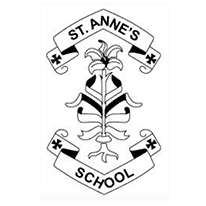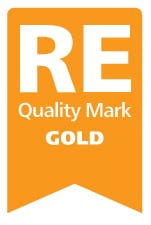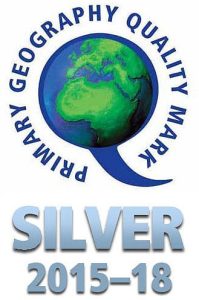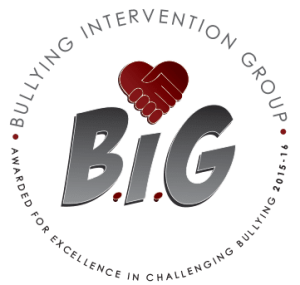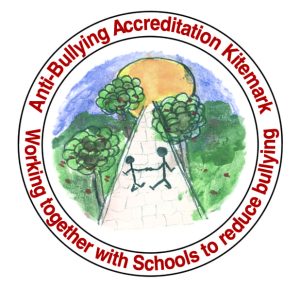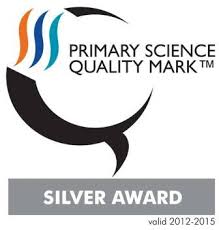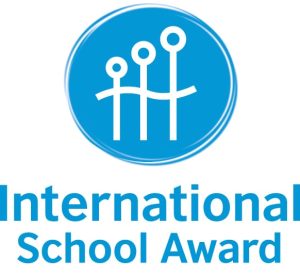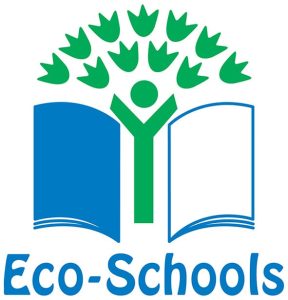History Curriculum
History intent implementation and impact
“The more you know about the past, the better prepared you are for the future.”
Theodore Roosevelt
History Intent
At St Anne’s school, pupils and their families can expect a high-quality history curriculum that is rich and varied, enabling learners to develop a curiosity about the past. Through high quality teaching and using a range of resources, children acquire a thorough knowledge and understanding of what history is. Studying the earliest civilisations, empires and significant people and events, children know more, remember more and therefore can do more. They look for similarities and differences and begin to make links, building on their prior learning.
We teach children a sense of chronology and through this, they develop a sense of identity and a cultural understanding based on their historical heritage. In our curriculum, we examine our local history and learn more about the history of Bishop Auckland and how it influences them. They learn to value their own and other people’s cultures in modern multi-cultural Britain and by considering how people lived in the past, they are better able to make their own life choices today.
In our school, history makes a significant contribution to citizenship education by teaching about how Britain developed as a democratic society. We teach children to understand how events in the past have influenced our lives today; we also teach them to investigate these past events and by so doing, to develop the skills of enquiry, analysis, interpretation and problem-solving.
Our curriculum is based around improving children’s knowledge and understanding of history. We aim to develop children’s substantive knowledge of history- the content, facts and ‘stuff’ of history as well as the disciplinary knowledge linked to the concepts of history- identifying the types of thinking we want to foster which reflects a deeper understanding of concepts that lie at the heart of what history is about.
History Implementation
Guidance for the teaching of History and Geography in schools comes from the National Curriculum (2014). We have developed a bespoke, sequential history curriculum which complements our context and reflects our vision to teach our children to think like historians. At St Anne’s, our history curriculum is mainly chronological but aiming to develop both substantive and conceptual knowledge and conceptual understanding. The curriculum is planned so that links can be made in one year group then built upon in the next or subsequent years. Children revisit prior learning and make links across topics in order to deepen substantive knowledge.
The history curriculum is taught through Four Themes:
Cause and Consequence
Power and Authority
Disaster and Conflict
Exploration and Invasion
Children develop their conceptual understanding over time exploring the key ideas that underpin historical thinking and developing a language for doing so. In order to develop historical literacy, we encourage the children to make ‘cautious claims’ about the sources we look at. Each unit lends itself to one or more of the 4 themes detailed above and during lessons, the children are encouraged to reflect on the concept and understand its importance in understanding that period of history. Progression through these concepts is tracked via progression signposts which identify the types of thinking we want to foster.
Pupils experience opportunities to learn and express themselves through an enquiry- based style of learning by:
- Considering ‘big’ and challenging questions at the beginning and throughout a unit of work
- Exploring historical evidence: asking the question, ’How do we know?’
- Using evidence to make cautious claims about people or events in the past
- Making inference and evaluating evidence
- Understanding that historical significance has resulted in change
- Identifying similarities and differences and changes over time
- Understanding that events have multiple causes and identifying these
- Researching information for themselves in books and on computers.
- Listening to and discussing with the teacher and other pupils.
- Engaging in pair and group work.
- Exploring a range of media such as artefacts, pictures, photographs, music and drama.
- Experiencing visits and visitors (including exploring the local area and identifying subjects of historical interest)
- Taking part in outdoor learning
Knowledge organisers for each unit support pupils in building a foundation of factual knowledge by encouraging recall of key facts and vocabulary.
Assessment of children’s progress in history is ongoing. As a piece of work is completed, it is marked and teachers give written feedback to pupils, often with an opportunity to respond and improve or extend their knowledge or conceptual understanding. At the end of each unit, children undertake one of a range of formative, age-related assessment tasks or tests. Teachers use this, together with their informal judgements made during lesson observations and marking, to inform their judgement against the end of Key Stage attainment targets outlined in the National Curriculum. Recording of assessment is termly.
History Impact
Our history curriculum is designed to create curiosity about the past which leads children to explore and research people, places, cultures and different times in history in England, United Kingdom, Europe and the wider world. It gives them an understanding of the past through substantive knowledge and over time, will deep their conceptual understanding in the 4 concepts studied.
The expected impact of our history curriculum is that children will:
- Be curious about the past and confident to be able to explore different types of evidence and be able to make cautious claims about the past, considering all factors.
- Develop a coherent knowledge and understanding of Britain’s past and that of the wider world.
- Understand the complexity of people’s lives, the process of change, the diversity of societies and relationships between different groups, as well as their own identity and the challenges of their time.
- Develop skills of critical enquiry, investigation, analysis, evaluation and presentation and to develop perspective and judgement.
- Meet the end of key stage expectations outlined in the National Curriculum for history.
